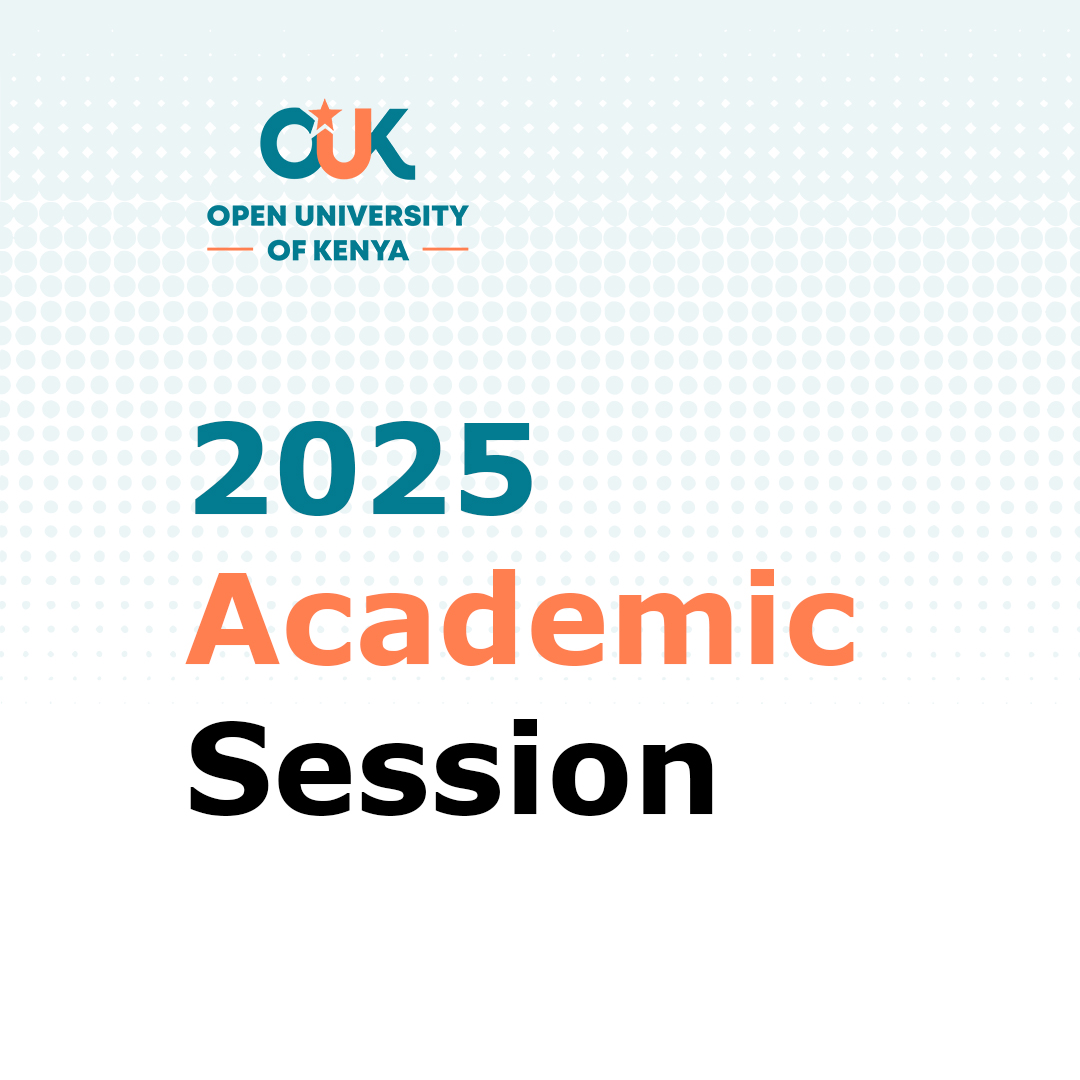OUK Announces Key Dates for January-May 2025 Academic Session
The Open University of Kenya (OUK) has announced the schedule for the January-May 2025 academic session, following approval by the University Interim Senate during its 16th meeting held on 16th January 2025. The session will officially begin on 27th January 2025, with academic activities commencing on 3rd February 2025. Below is a detailed timeline to guide both new and continuing students:
Key Dates and Activities
a) Registration
All students are required to complete their registration via the student portal from 27th to 28th January 2025.
b) Orientation
New students will participate in an online orientation program from 29th to 31st January 2025. This program is designed to familiarize them with OUK's e-learning platform, resources and academic processes.
c) Commencement of Studies
Academic activities for both new and continuing students will begin on 3rd February 2025 via OUK’s virtual Learning Management System.
c) Examinations
End-of-session examinations will take place virtually from 5th to 16th May 2025.
As a fully virtual institution, OUK remains committed to leveraging technology to provide high-quality and accessible education. The University is dedicated to equipping students with the tools and resources they need for success in their academic journey.
For the latest updates and detailed information, students are encouraged to regularly check the University portal and official communication channels.

